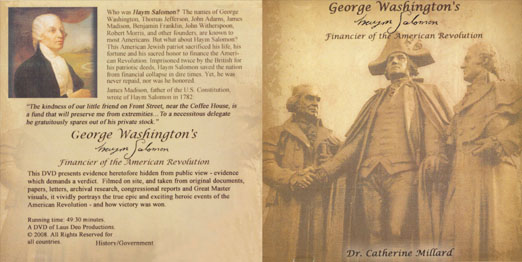Ephraim McDowell, M.D. was chosen by the citizens of Kentucky a their greatest hero in the U.S. Capitol Hall of Fame.
McDowell was a talented surgeon displaying the character traits of gentleness, humility, skillful insight, imagination and boldness far beyond the era in which he lived.
McDowell was the first surgeon in the world to conduct abdominal surgery, removing from Mrs. Jane Crawford a tumor weighing twenty pounds. Both surgeon and patient exemplified the highest courage. McDowell rode sixty miles through the wilderness to visit Mrs. Crawford, a forty-seven-year-old woman of character and intelligence; mother of five. He told her that unless the tumor were removed, she would die within two years. However, if she agreed to this operation, never before performed, it might mean instant death. Mrs. Crawford rode sixty miles to Dr. McDowell’s office in Danville, being aware of the acute pain accompanying this operation. (Dr. Crawford Long of Georgia discovered the use of sulfuric acid as an anesthetic in surgery only thirty years later.) 1
McDowell performed this operation on a clean table, using clean instruments, as modern sterilization had not yet been discovered. During the entire twenty-five minute operation, Mrs. Crawford was perfectly conscious, singing Psalms to the glory of God. She lived thirty-one fruitful years after her successful operation. It is recorded that a group of Kentuckians gathered outside his office, prepared to arrest him for murder, should Mrs. Crawford have died. Dr. McDowell, however, left us this account, that before the operation, he had written and placed in his pocket the simple prayer: “Almighty God, be with me, I humbly beseech Thee, in attendance in Thy holy hour. Give me becoming awe of Thy presence…Direct me, O God, in performing this operation, for I am but an instrument in Thy hands…upon this poor afflicted women.” 2
Another successful operation was that performed on Mrs. Overtone at The Hermitage, Home of President Andrew Jackson, in Nashville. She was the wife of one of Mrs. Jackson’s nephews, adopted by General Jackson. Dr. McDowell rode a hundred and fifty miles to Tennessee to perform this operation. General Jackson, it is reported, heated the water and passed the doctor his instruments, as needed. General Jackson then had McDowell remove a tumor from the neck and shoulder of one of his black servants. Upon the completion of the successful operation on his wife, Mr. Overton sent Dr. McDowell a check in the amount of $1500.00, which was promptly returned by the doctor with a note that an error had probably been made, his bill being for $500.00. Mr. Overton again sent his original check to McDowell, stating, with gratitude, that it did not cover the services received.3
More than thirty operations for the removal of stones from the bladder were performed by McDowell. Among these was one performed on fourteen-year-old James K. Polk, who later became President of the United States. Philadelphia then being the medical center of the nation, Ephraim McDowell gained the reputation of being the greatest physician and surgeon west of that city. He was thrice called upon to perform Caesarian operations. Two were successful for both mother and baby. 4
McDowell pioneered the termination of blood-letting, which he stated was a deterrent to recovery; as well as being wary of drugs, declaring that “they were often more a curse than a blessing to the human race.”
This brilliant Kentuckian surgeon was immune to public opinion, treating all who sought his aid, rich and poor, black and white; accepting only what they could afford. His happiness was in serving others, quoting the following Scripture as his modus operandi: “I have learned in whatever state I am, therewith to be content.” (Philippians 4:11) 5
McDowell received many criticism from the medical profession, to include that of Dr. James Johnson, editor of the London Medical and Chirurgical Review. After McDowell’s death, however, when the facts of abdominal surgery became irrefutable, Dr. Johnson wrote that he “asked pardon of God and Dr. McDowell of Danville.” 6
To learn more, click here.
_____________________
Bibliography:
1
Official Documentation. Office of the Architect of the Capitol, Washington, D.C.
2
Ibid.
3
Ibid.
4
Ibid.
5
Ibid.
6
Ibid.























